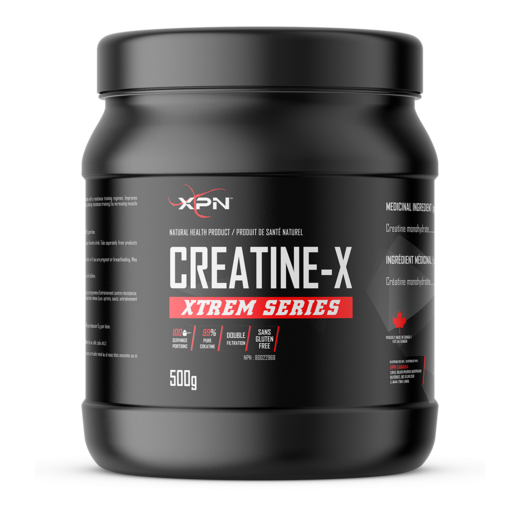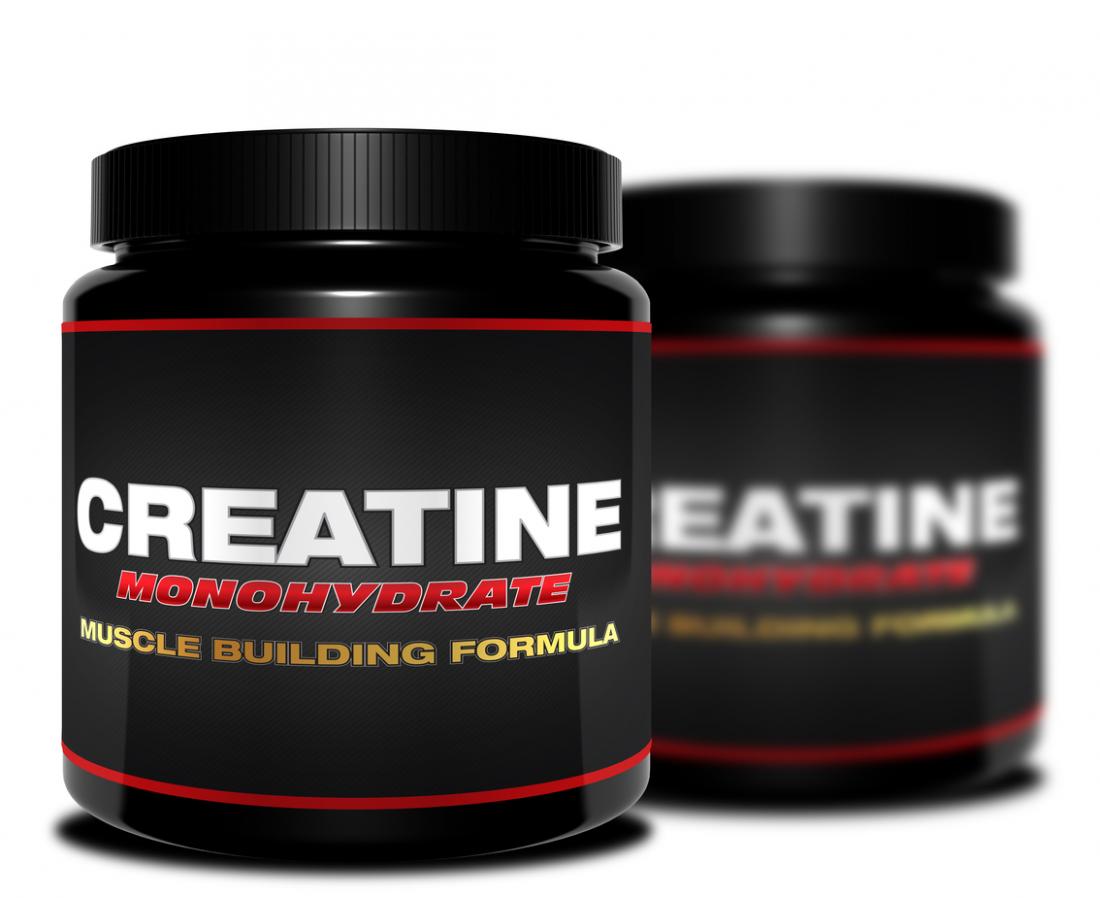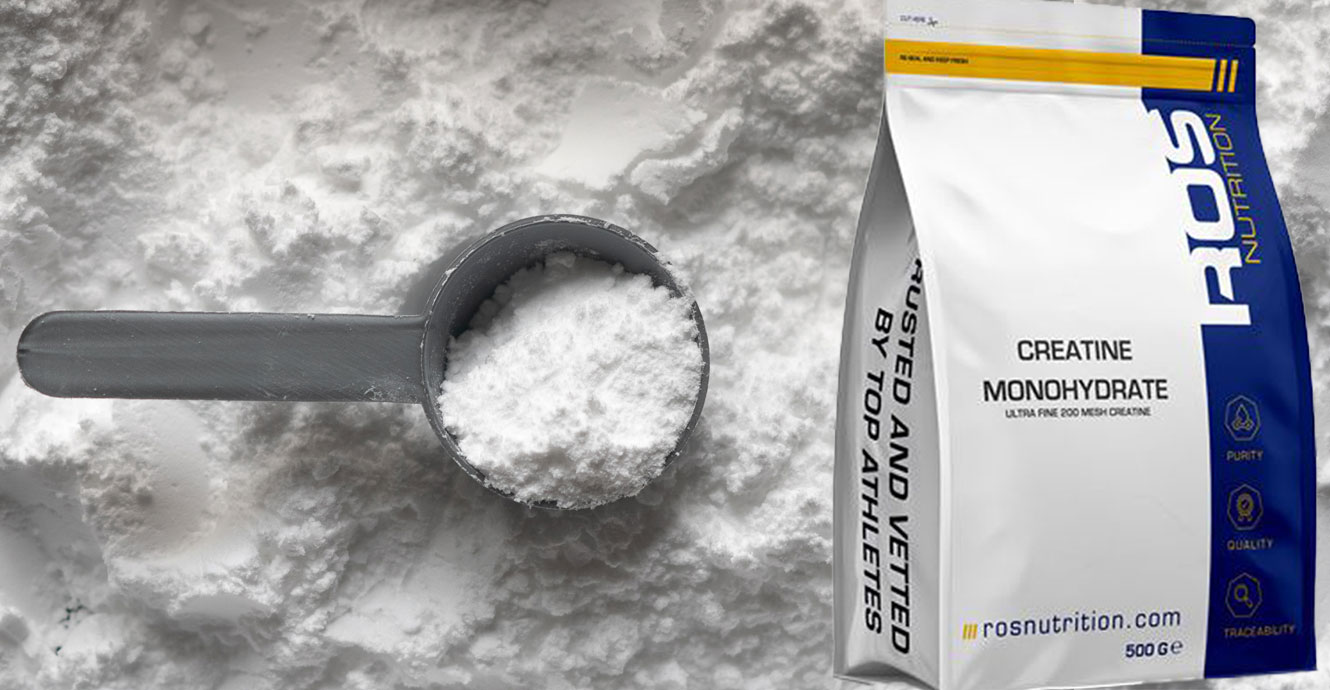Creatine monohydrate is a dietary supplement that has gained popularity among athletes and bodybuilders for its potential to improve athletic performance and increase muscle mass. While there are some potential drawbacks to using creatine monohydrate, there are also several advantages that make it a popular choice for those looking to enhance their physical abilities.
One of the main advantages of creatine monohydrate is its ability to increase muscle strength and power. Creatine monohydrate works by replenishing the body's stores of phosphocreatine, which is a molecule that helps to produce ATP, the primary source of energy for muscle contraction. By increasing the body's stores of phosphocreatine, creatine monohydrate can help to improve muscle strength and power, which can be beneficial for activities such as weightlifting, sprinting, and other high-intensity exercises.
Another advantage of creatine monohydrate is its potential to improve athletic performance. In addition to increasing muscle strength and power, creatine monohydrate has been shown to improve muscle endurance, which can help athletes to perform at a higher level for longer periods of time. This can be particularly beneficial for sports that require a combination of strength and endurance, such as football, basketball, and soccer.
Creatine monohydrate may also have a positive effect on muscle mass. Some research has suggested that supplementing with creatine monohydrate can increase muscle mass by promoting muscle protein synthesis, the process by which the body builds new muscle tissue. This can be particularly beneficial for bodybuilders and other athletes looking to increase their muscle mass.
In addition to its potential benefits for athletic performance and muscle mass, creatine monohydrate may also have some other potential advantages. Some research has suggested that creatine monohydrate may improve brain function, reduce inflammation, and even have a positive effect on bone health.
While there are several advantages to using creatine monohydrate, it is important to note that it is not without potential drawbacks. Some people may experience side effects such as bloating, diarrhea, or muscle cramps when taking creatine monohydrate. In addition, there is some concern that long-term use of creatine monohydrate may have negative effects on kidney function. It is important to speak with a healthcare professional before starting any supplement regimen to ensure that it is safe and appropriate for you.
In conclusion, creatine monohydrate is a dietary supplement that has the potential to improve muscle strength, power, and endurance, as well as increase muscle mass and possibly have other benefits. While there are potential drawbacks to using creatine monohydrate, it can be a useful tool for those looking to enhance their physical abilities. It is important to speak with a healthcare professional before starting any supplement regimen to ensure that it is safe and appropriate for you.
Creatine Monohydrate: Facts, Benefits, Side Effects & Myths

Specifically, Kendall says, creatine has been shown to help endurance athletes store more glycogen to use during training or competition. However, consult your obstetrician if you are currently nursing and considering taking creatine. While creatine does appear to be one of the most beneficial supplements on the market in regards to performance there is no good evidence to date to suggest that creatine can help with the healing process in injuries. In fact, more than 1,000 studies have been conducted, which have shown that creatine is a top supplement for exercise performance Almost all of them used the same form of the supplement — creatine monohydrate. During maintenance, creatine works best when paired with a quick-absorbing carbohydrate such as honey or juice. The magnitude of these advantages is most significant in the elderly. According to recent research, 10-40% increases in muscle creatine and PC stores have been observed with creatine supplmentation.
What are the Benefits of Creatine Monohydrate?

As many lifters will attest, this action of drawing water into the cell can also make their muscles look bigger or fuller. Now, the big question: Is creatine monohydrate safe to use? And it definitely increases the likelihood of experiencing some stomach discomfort, bloating, and some other temporary side effects. Make sure to keep yourself well hydrated when you start taking these supplements. You may occasionally see people claim that creatine is a steroid. It has also been extensively examined, and its far-reaching advantages have been scientifically confirmed in several studies. For years the media has portrayed creatine as a dangerous, poorly understood supplement and that long-term use may result in bad health outcomes. However, while this study shows hair loss could be possible, there is more than enough room left for further research.
Benefits of creatine monohydrate bodybuilding

To better explain how ATP works, think of it as the fuel for your muscle cells. International Journal of Sport Nutrition and Exercise Metabolism, 18 4 , 389. Creatine plays an important role in brain health and function Research demonstrates that your brain requires a significant amount of ATP when performing difficult tasks Supplements can increase phosphocreatine stores in your brain to help it produce more ATP. Creatine is the most popular and widely used natural supplement. Up to this point, there have been zero severe adverse effects. Creatine supplements may also reduce fatigue and In a 6-month study in people with traumatic brain injury, those who supplemented with creatine experienced a 50% reduction in dizziness, compared with those who did not supplement Furthermore, only 10% of patients in the supplement group experienced fatigue, compared with 80% in the control group Another study determined that creatine led to reduced fatigue and increased energy levels during Creatine also reduced fatigue in athletes taking a cycling test and has been used to decrease fatigue when exercising in high heat Summary Creatine can reduce symptoms of fatigue and tiredness by providing your brain with additional energy and increasing dopamine levels.







